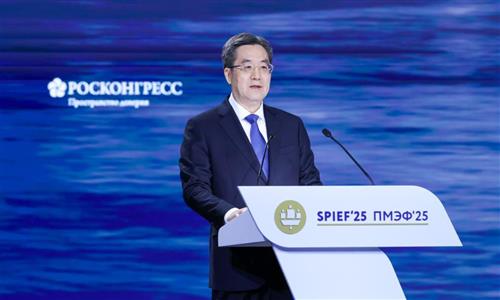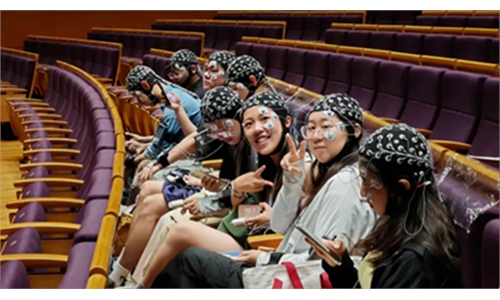
PETALING JAYA: The multi-billion-ringgit global organic food and beverage market is expected to grow more by 2030, according to market research firm Grand View Research.
For Malaysia, there is a growing appetite for organic food among health-conscious consumers.
But how do people know whether the “organic” foodstuff they buy are truly organic?
An important source is the myOrganic sticker that is usually found on the packaging of organic foodstuff sold at shops.
The myOrganic certification scheme is used to promote, implement and facilitate the adoption of organic agriculture, explains Agriculture Department (DOA) director-general Datuk Nor Sam Alwi.
“This certification scheme covers various organic activities, including fresh produce farming, beekeeping, the breeding of organic plant varieties and wild harvesting.
ALSO READ: Verifying food markers not quite an organic process
“The Malaysian Organic Certification Scheme is now known as myOrganic,” she said in in a statement to The Star.
To safeguard the authenticity of certified organic products, the regulation of organic items is primarily governed under the Food Act 1983 and Food Regulations 1985, overseen by the Health Ministry, she added.
The Agriculture and Food Security Ministry has also registered the myOrganic certification logo with the Intellectual Property Corporation of Malaysia (MyIPO) as a legitimate trademark.
“If the DOA receives complaints about the misuse of this logo, the matter will be referred to the Domestic Trade and Cost of Living Ministry for further investigation.
“In cases where fraud is confirmed, the offending company may be prosecuted under the Trademarks Act 2019,” she said.
Upon conviction, offenders may face a fine of up to RM10,000 per item bearing the misused trademark, imprisonment of up to three years or both.
ALSO READ: How bugs help you spot organic durians
Nor Sam said the department has issued guidelines to certificate holders outlining the terms and conditions for the use of the myOrganic logo.
“However, we also rely on the cooperation of consumers to address the risks of fraud and logo misuse by lodging complaints where appropriate.
“Matters related to processing, repackaging or importation of organic products fall strictly under the jurisdiction of the Health Ministry,” she said.
To create awareness, the department is actively carrying out promotional activities targeting consumers through physical events and social media platforms, as well as by engaging with local organic associations.
“These initiatives focus on promoting Good Agricultural Practices (GAP), highlighting the importance of recognising the myOrganic logo, encouraging the purchase of certified farm produce.
“Additionally, consumers can verify the validity of organic certification by visiting the DOA website at www.doa.gov.my under the list of certified recipients,” she said.
Dr Juju Nakasha Jaafar, senior lecturer at the Faculty of Agriculture at Universiti Putra Malaysia, said there has been confusion on the authenticity of organic products.
“For example, a seller might claim he is selling pesticide-free or chemical-free vegetables, which gives consumers the impression that the products are organic.
“In reality, these vegetables may be free from chemical pesticides but are still grown using chemical fertilisers and thus do not qualify as organic,” she said.
“For vegetables to be certified as organic, all input must be completely natural.
“This includes compost fertilisers, organic pesticides and non-genetically modified organism seeds.”
These are outlined in the myOrganic certification guidelines.
“Consumers can look for the myOrganic logo on vegetable products to ensure they are truly organic.
“The DOA strictly regulates this certification,” she said, adding that more details can be found on the DOA website.
Federation of Malaysian Consumers Associations (Fomca) secretary-general Dr Saravanan Thambirajah said traders must verify the certification documents provided by suppliers before selling or labelling any product as organic.
“They should only use the term ‘organic’ when backed by certification,” he said.
Saravanan said consumers should look for official certification logos on packaging and not rely solely on general claims like ‘natural’.
“If you suspect a product is being falsely marketed as organic, you should report it to the Domestic Trade and Cost of Living Ministry or lodge a complaint with Fomca,” he added.--
By KHOO GEK SAN, DIVYA THERESA RAVIRAGANANTHINI VETHASALAM
https://www.thestar.com.my/news/nation/2025/07/12/be-label-savvy-to-stay-healthy












